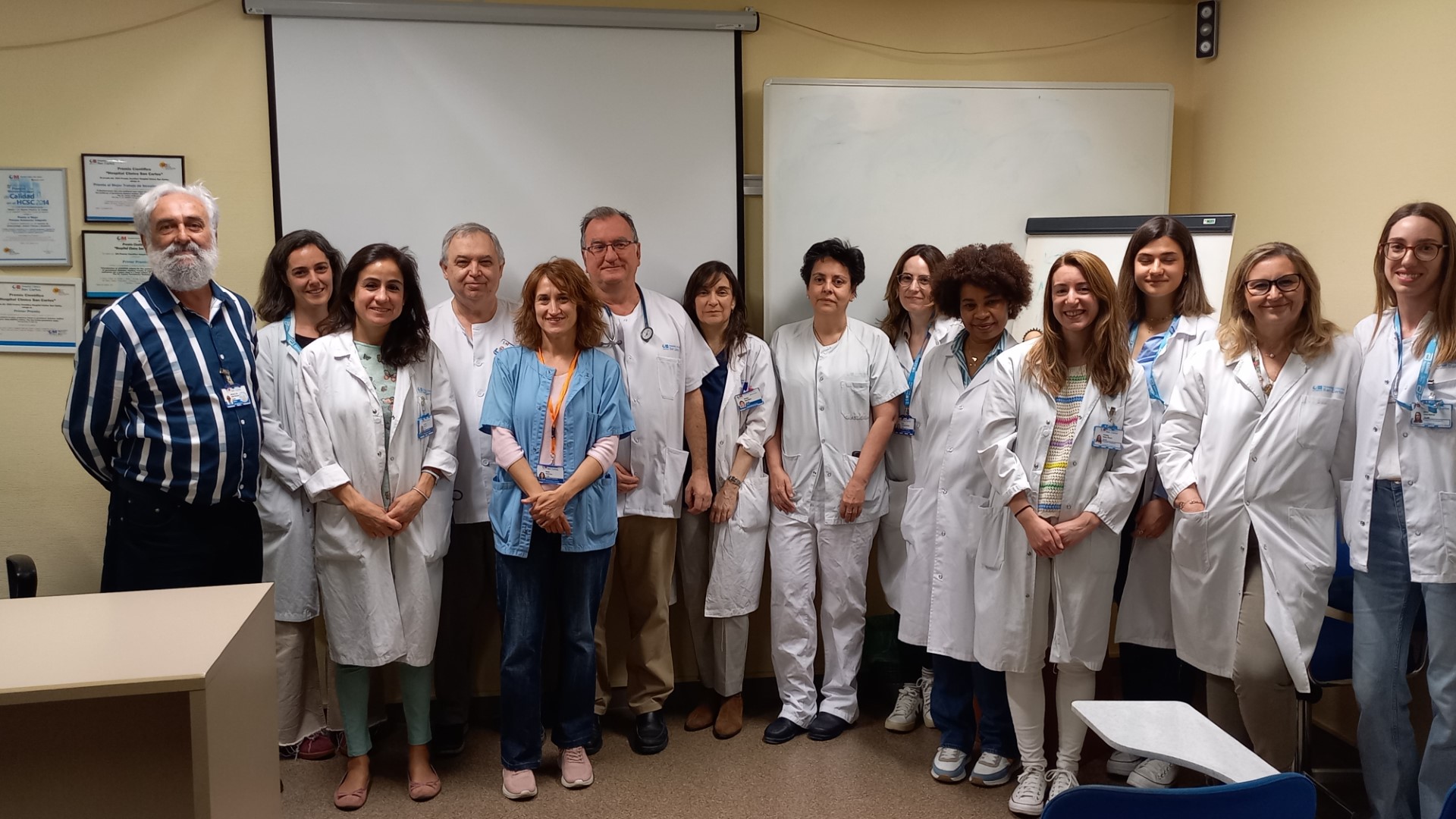
Tel. +34 913303000 (Ext. 483127)
1ªS. San Carlos Clinical Hospital
C/ Profesor Martín Lagos s/n. 28040 Madrid

The Endocrinology Research Group in Metabolic Diseases is designed to facilitate research applied to clinical practice in patients with disorders related to endocrinology and nutrition, also covering preventive aspects of non-communicable chronic diseases. Additionally, it has the capability to explore the molecular mechanisms involved in these pathologies using the equipment available in the service’s laboratory and through its connection with the Complutense University of Madrid.
Its mission is to encourage research from all perspectives of endocrinology and nutrition, adhering to good clinical practices and promoting a translational approach to the results obtained.
The group will be involved in monitoring research efficiency, which will be managed through the highest governing bodies of the center or associated healthcare centers.
The group is expected to continue being recognized as a national leader in research on endocrinology and nutrition within its areas of expertise.
Research Line on Chronobiological Molecular Mechanisms